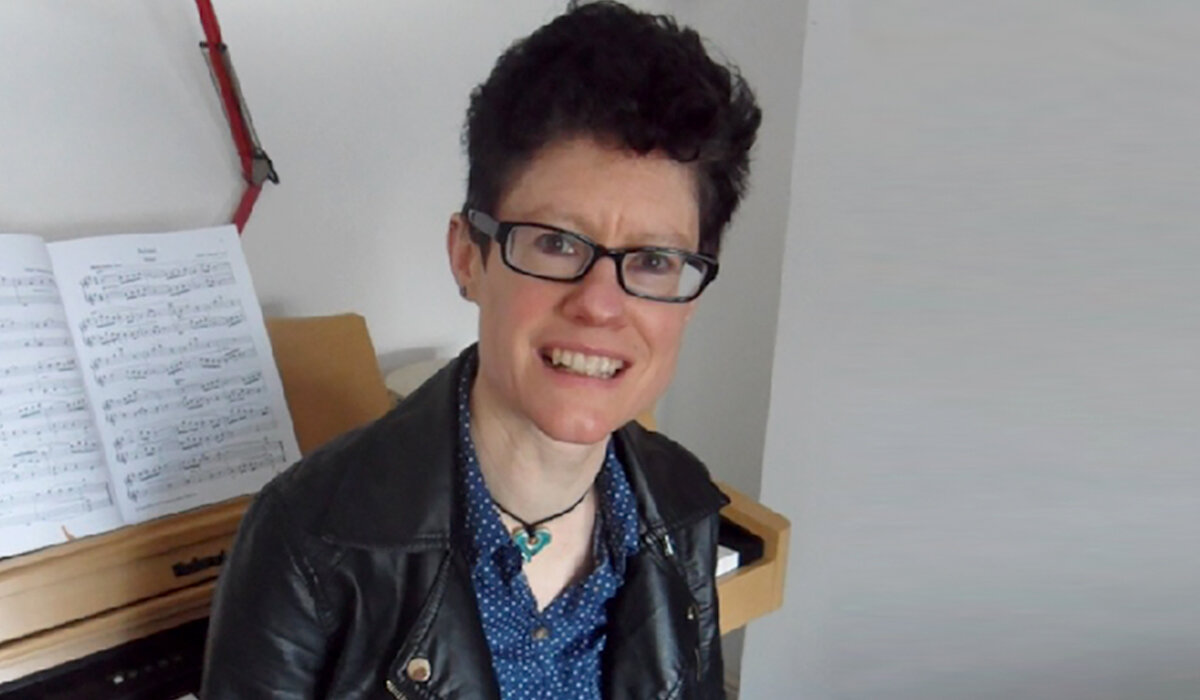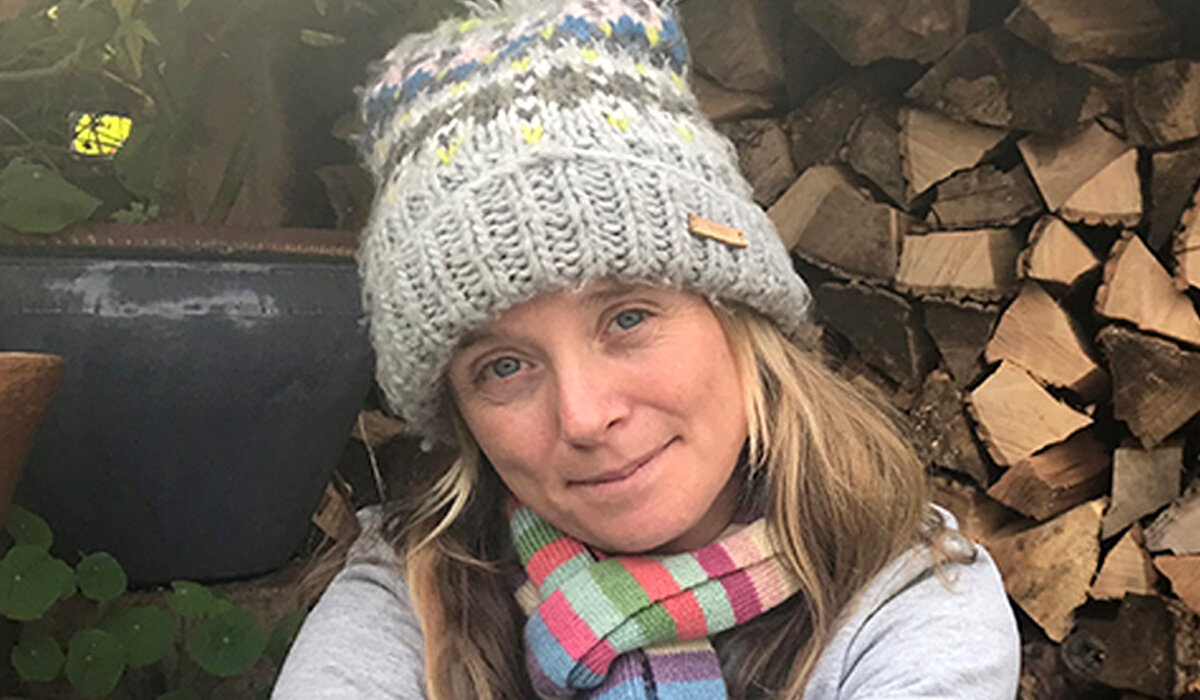Family relationships - a guide for partners of autistic people
Relationships can be complex at the best of times, regardless of whether you and your partner are autistic or not. For autistic people, navigating intimate relationships and dating can present its own unique challenges.
As a non-autistic person, it might be difficult to support your autistic partner. They may communicate in a different way to you, or find it hard to express their needs and desires.
To help you with this, we’ve put together a list of handy tips and resources for non-autistic partners of autistic people. Whether you are currently dating or in a relationship with an autistic person, married, single, or simply interested in learning more, we hope you find them useful.
Having an autistic partner
Of course, not everybody is the same, but for autistic people, things like picking up on traditional social rules and body language, understanding their own feelings, and sensory processing may not always come naturally. At times, this could lead to misunderstandings within a relationship, or you may find that your partner says or does something that is unintentionally hurtful. This can be difficult to deal with.
Having an autistic partner may mean having to help them with social interaction, particularly around unwritten social rules.
We want to stress that autistic people are just as capable of having loving and successful relationships as non-autistic people. You can read some of our stories here.
However, there may be adjustments that you need to make, such as thinking about the way you communicate with your autistic partner. You may have the additional responsibility of helping them to manage their money, employment or supporting them to advocate.
Partners often contact us to talk about relationship strategies and other support.
Communicating with your partner
Your autistic partner may have difficulties interpreting non-verbal communication, such as your body language, facial expressions and tone of voice. They may not be able to tell from your behaviour alone that you need support or reassurance.
This may be hurtful as it can come across as indifference. Try to be open with your partner, telling them what you are thinking, feeling and what you need from them.
Your partner may be anxious, have certain routines they need to follow or have difficulties with organisation and prioritising.
It can help to talk to your partner about any relationship problems you are having and explain your feelings in a calm, reasoned way. Your partner may prefer to discuss things in writing as it will give them more time to process what you are saying. This could be done using clear language in an email or text.
Diagnosis
Getting a diagnosis can help your partner to make sense of their life experiences and begin to identify with other autistic people. It can also help you to understand your partner better and see why they may face certain difficulties.
If your partner isn’t diagnosed but you suspect they are autistic, it can be difficult to know how to talk to them about it. Visit our page on broaching the subject.
Once you’ve discussed it with your partner, they may want to try to get a diagnosis.
Having children
You may be interested in having children with your autistic partner, but also have concerns. For instance, your partner may experience difficulties with:
-
understanding what being a parent means and what they are expected to do
-
anxiety about giving birth
-
coping with the unpredictability of parenthood
-
dealing with noise and unexpected change.
By discussing these concerns with your partner, you can figure out a way to support each other.
Your next steps
- Read more about autism
- Either you or your partner may benefit from counselling to think through your feelings and decide on possible coping strategies. You can find counsellors with autism experience on our Autism Services Directory.
- You may also like to make contact with others in the same position for understanding, support and advice. Our online community may be a way of doing this.
- Find out more about what help and support is available.
- Read more about diagnosis.
- For easy-to-understand information on having your needs as a parent carer identified, you may wish to try the AccessAva chatbot provided by Access Social Care, a charity that specialises in legal advice for people in England with social care needs










